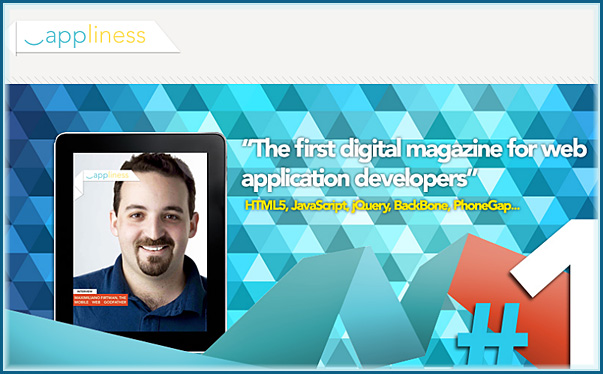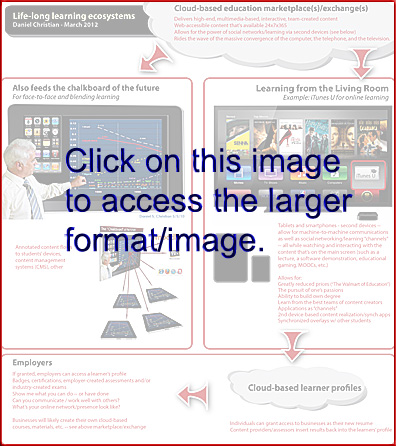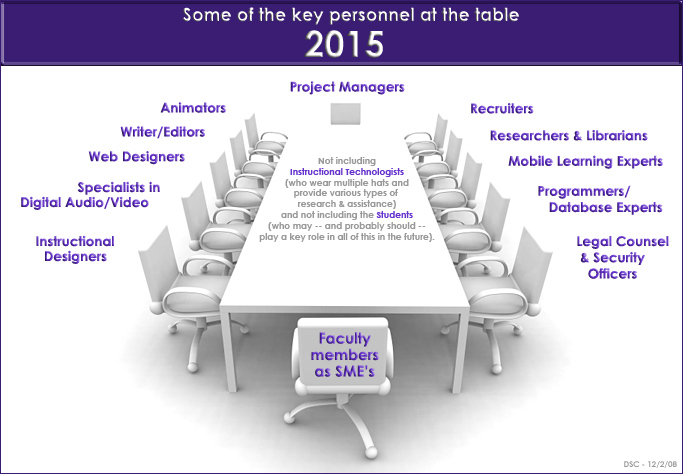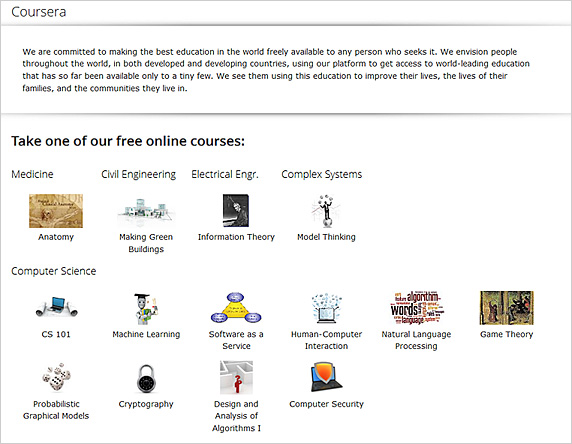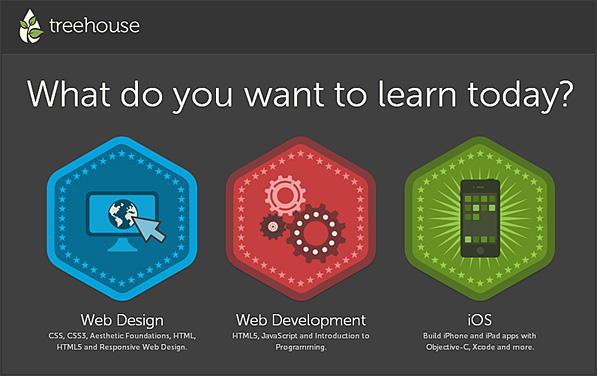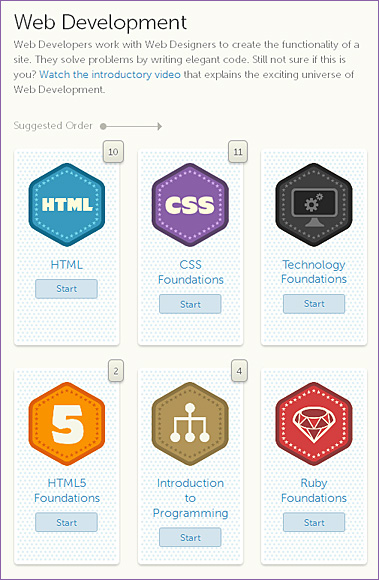Computer programming for all: A new standard of literacy — from readwriteweb.com by Dan Rowinski
From DSC:
Dan Rowinski brings up some solid questions and points here, and I’ve heard others wrestle with the question whether we should require all students to take programming courses.
I’ve taken some computer programming courses and I’ve had some experience with scripting.
Bottom line:
I find it to be a very different way of thinking. Programmers have their shortcuts which are intuitive to them and work very well for them. But the syntax loses many of the rest of us:
- What happened to that variable?
- Why did you make it a local vs. a global variable?
- What occurs in this loop?
- Why did (blank) not make it into the array?
- Where do I have to declare this variable?
- Why is the syntax written like this?
- Is (blank) a reserved word of the programming language’s syntax or can I use it?
The reason programmers make a pretty good coin is because most people don’t like programming and don’t want to do it. The manner of thinking doesn’t work for them. It’s highly-detailed and very unforgiving. Along these lines and by way of example, I find that people in the web world fall into 1 or 2 camps: either they are web developers (i.e. the back end world of programming, databases, infrastructure, etc.) or they are web designers (i.e. the front end world of graphic design and layout, interface design, interaction design, etc.). It is a rare person who excels at both the front and back ends.
If we are going to make programming required, we had better do a better job with providing higher-level languages that are more intuitive for the masses. Or we’ll just discourage many who try their hand at it. And it’s not that I don’t value programming — I do! In fact, I wish that manner of thinking came much easier to me. But it doesn’t.









